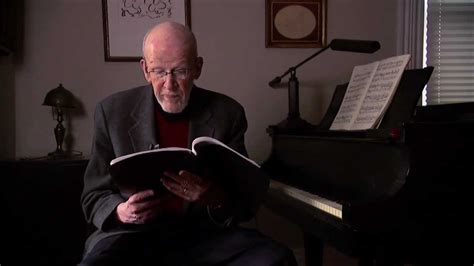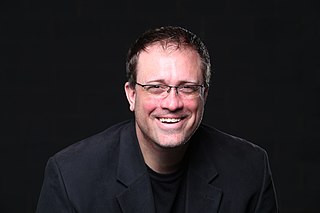A Quote by Charlie Cox
I never don't know my lines. I never take the audition pages into the room. I end up relying on them or looking at them too much, and it makes me feel unprepared, so I always learn my lines without fail.
Related Quotes
I've always been - as a teacher, as graduate student, as a student, and I think, really, as a child - I've been interested in poems, but not so much for what the take home pay is, what you might sum up from them in moral or intellectual terms or whatever, but what's in the certain lines and how lines relates to other lines.
No relationships are perfect. When they develop, there are things that have happened before in your life that you maybe don't discuss. And there are always fault lines within every relationship. I believe it doesn't take too much pressure to be placed on those fault lines for them to start cracking apart.
As soon as I start to write I'm very aware, I'm trying to be aware that a reader just might well pick up this poem, a stranger. So when I'm writing - and I think that this is important for all writers - I'm trying to be a writer and a reader back and forth. I write two lines or three lines. I will immediately stop and turn into a reader instead of a writer, and I'll read those lines as if I had never seen them before and as if I had never written them.
We like books that have a lot of dreck in them, matter which presents itself as not wholly relevant (or indeed, at all relevant) but which, carefully attended to, can supply a kind of "sense" of what is going on. This "sense" is not to be obtained by reading between the lines (for there is nothing there, in those white spaces) but by reading the lines themselves looking at them and so arriving at a feeling not of satisfaction exactly, that is too much to expect, but of having read them, of having "completed" them.
Televisison is like a factory line. You need discipline and focus. You have to hit your mark and know your lines. It's not that I don't know my lines when I do a film, but the pace of discovery is always a little bit more relaxed and nurturing and almost babying, in a way. Television toughens you up, and I like that, but I don't want it to toughen me up too much.
So you think the best way to prepare kids for the real world is to bus them to a government institution where they're forced to spend all day isolated with children of their own age and adults who are paid to be with them, placed in classes that are too big to allow more than a few minutes of personal interaction with the teacher-then spend probably an hour or more everyday waiting in lunch lines, car lines, bathroom lines, recess lines, classroom lines, and are forced to progress at the speed of the slowest child in class?
The only thing I know that makes me feel comfortable is to know as much as I can. Not like what the shots are going to be, but knowing enough about my character that I can forget those things. And more specifically, my lines. I have to know my lines. I have to know something really well, so I can forget it when we're doing it. And there is comfort in knowing, "Okay, there's not another stone that I could have overturned."
I studied with the Maharishi for many years, and really didn't learn that much. But one thing that he taught me, I'll never forget: 'ALWAYS...' no, wait-- 'NEVER...' no, wait, it was 'ALWAYS carry a litter bag in your car. It doesn't take up much room, and if it gets full, you can toss it out the window.'



































